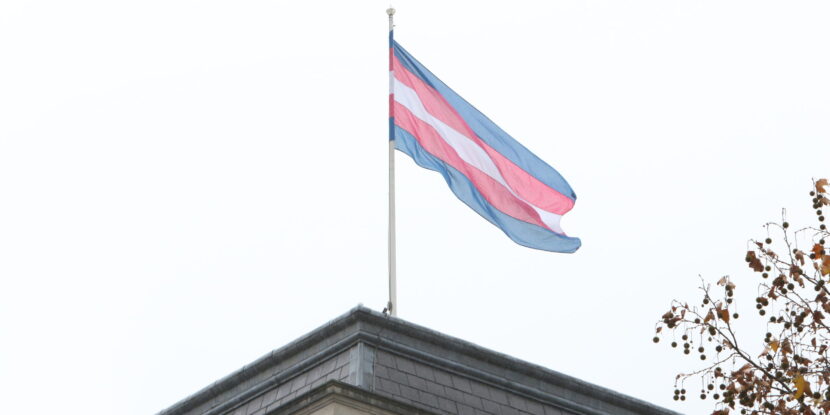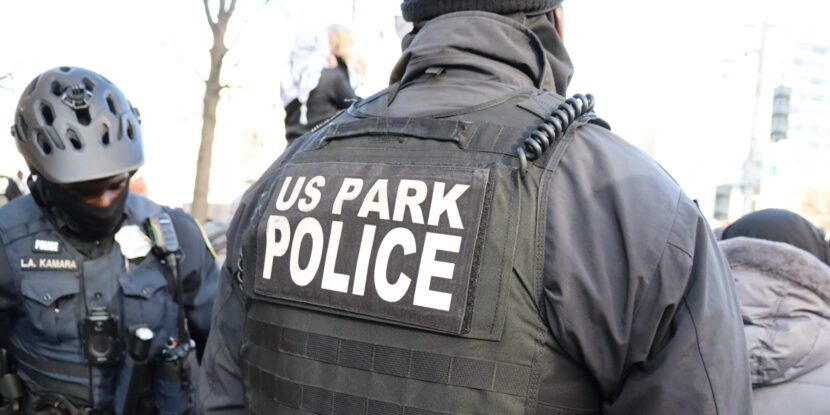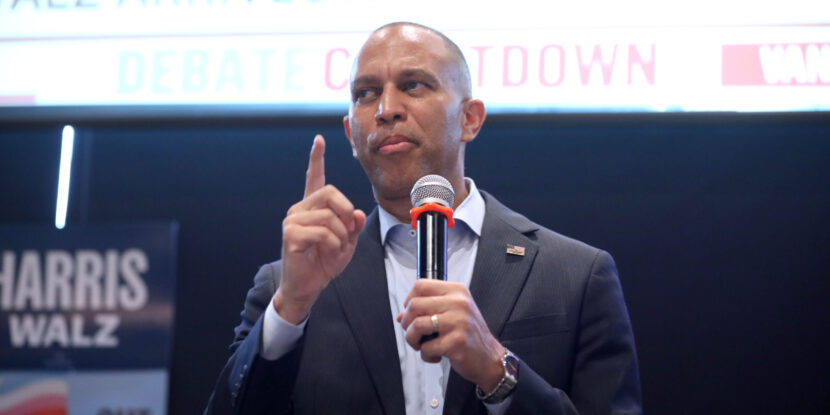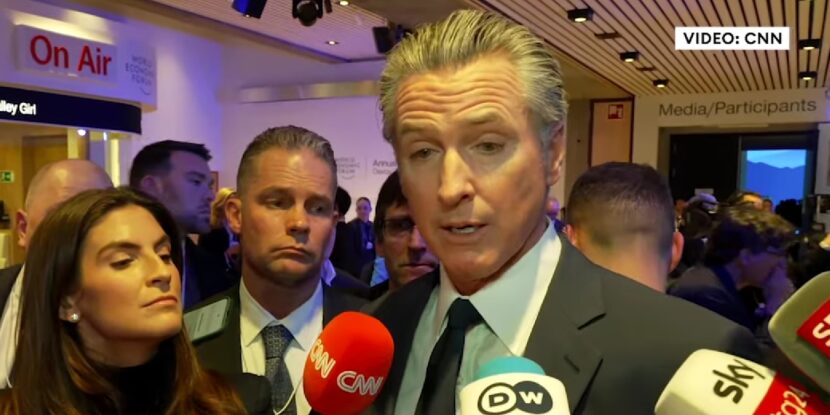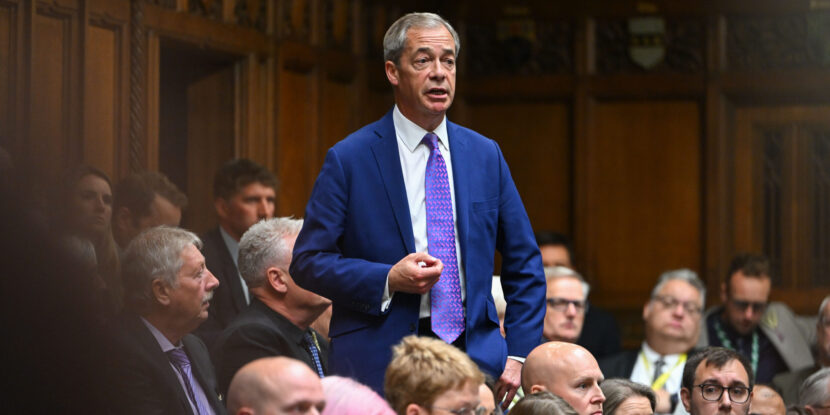❓WHAT HAPPENED: The Netherlands is placing American transgenders who are claiming refugee status because of President Donald J. Trump in the country’s infamous Ter Apel refugee camp.
👤WHO WAS INVOLVED: American transgenders, the Netherlands, Dutch immigration officials, the Ter Apel refugee camp, and U.S. President Donald J. Trump.
📍WHEN & WHERE: Several American transgenders have sought refugee status in the Netherlands since President Trump’s inauguration last year.
💬KEY QUOTE: “My dream is to go to America or the UK. America for me is the paradise. You can work, you can make a million if you have a good idea. Why they come here?” — 21-year-old North African refugee
🎯IMPACT: It is expected that every American transgender claiming refugee status will be denied asylum and deported back to the United States.
The Netherlands is placing American transgenders who are claiming refugee status because of President Donald J. Trump in the country’s infamous Ter Apel refugee camp. While Dutch officials describe the facility as a “permanent reception center,” the facility appears more like a prison—with extensive fencing surrounding the encampment and a heavy guard presence.
Notably, the presence of the American asylum seekers isn’t sitting well with the nearly 2,000 other migrants from around the world housed at Ter Apel. “My dream is to go to America or the UK. America for me is the paradise,” a 21-year-old North African woman living at the camp said in a recent interview. “You can work, you can make a million if you have a good idea. Why they come here?”
Still, several dozen Americans have left the United States since President Trump’s inauguration over a year ago and sought asylum in the Netherlands. Jane-Michelle Arc, a transgender from San Francisco, flew to the Netherlands last April and promptly asked a Dutch customs agent how to seek refugee status. “And they laughed because: what’s this big dumb American doing here asking about asylum? And then they realized I was serious,” Arc said.
The claims being made by the so-called American refugees are bizarre. In Arc’s case, he asserts that President Trump’s United States had become so terrifying and dangerous that he would no longer leave his San Francisco home “unless there was an Uber waiting outside.” However, he would likely face more danger from unchecked crime in the greater Bay Area than the President.
Transgender and LGBTQ refugees are kept in separate housing from the camp’s general population—which includes asylum seekers from places like Syria, Libya, Sudan, and other countries. It is expected that every American claiming refugee status will be denied asylum and deported back to the United States. Over the last several years, only around a couple of dozen U.S. passport holders have received asylum in the Netherlands—all children and all dependents on parents who are of Yemeni, Syrian, or Turkish origin.
Join Pulse+ to comment below, and receive exclusive e-mail analyses.
